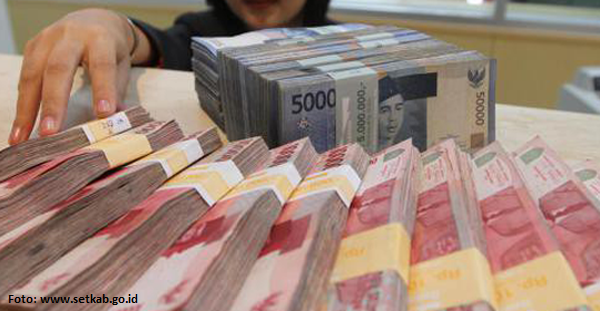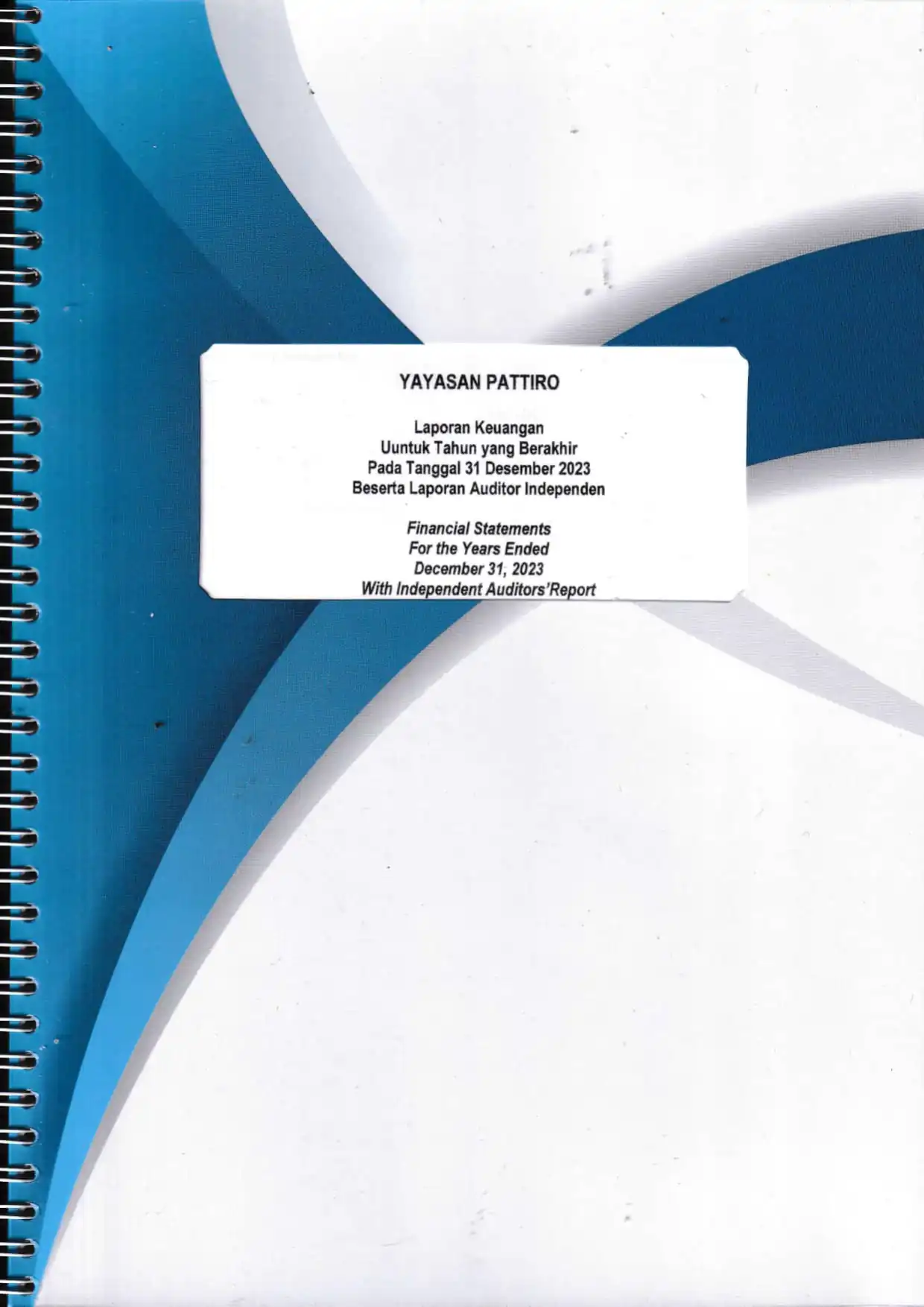By: Maya Rostanty*
 The government has recently published Minister of Finance Regulation (PMK) Number 125/PMK.07/2016 on the Partial Deferral of Transfer of the General Allocation Grant (DAU) of the 2016 Fiscal Year. The PMK was signed on 16 August 2016 by the Minister of Finance. Based on the PMK, the government will defer the grant by Rp. 19.418 trillion for 169 regions, consisting of 143 municipalities/regencies and 26 provinces.
The government has recently published Minister of Finance Regulation (PMK) Number 125/PMK.07/2016 on the Partial Deferral of Transfer of the General Allocation Grant (DAU) of the 2016 Fiscal Year. The PMK was signed on 16 August 2016 by the Minister of Finance. Based on the PMK, the government will defer the grant by Rp. 19.418 trillion for 169 regions, consisting of 143 municipalities/regencies and 26 provinces.
The amount of DAU to be deferred differs between regions. There are three criteria, namely fiscal capacity, budgetary needs and prediction of the position of the regional cash balance at the end of 2016. The prediction of the position of the regional cash balance at the end of 2016 is further classified into very high, high, moderately high and moderate. In regions predicted to have a very high cash balance, consisting of 19 provinces and 23 municipalities/regencies, the transfer of DAU will be deferred by 50%. In 4 provinces and 38 municipalities/regencies with a high cash balance, the transfer of DAU will be deferred by 40%. Further, in one province and 41 municipalities/regencies with a moderately high cash balance, the transfer of DAU will be deferred by 30%. Finally, for two provinces and 41 municipalities/regencies with a moderate cash balance, the transfer of DAU will be deferred by 20%. The regional governments affected with the highest amount of transfer deferral are Central Java Province (Rp. 336.8 billion), East Java Province (Rp. 302.9 billion) at the provincial level, and Bogor Regency (Rp. 347.2 billion), Garut Regency (Rp. 327.6 billion), and Bandung City (Rp. 302.8 billion).
A difficult decision to make
The central government holds the opinion that the partial deferral of the transfer of the grant is done to control the implementation of the State Budget (APBN) of the 2016 fiscal year. This has to be done as the targeted acquisition in the Revised State Budget, to the amount of Rp. 1,539.2 trillion is considered to be difficult to achieve. According to the government, this difficulty is caused by the stagnant global economy. The realization of the acquisition of the 2015 fiscal year State Budget was only 83.2% of the targeted Rp. 1,240 trillion. Besides, the tax amnesty program, expected to provide additional state income, has not been completely successful. In such a condition, attempts to reduce expenditure, while difficult, are realistic and essential. It is time for the state government and regional governments to economize in an appropriate manner, so as to maintain a credible management of the national budgets.
The first stage of the expenditure reduction is done at the Ministry and Agencies, in the era of Minister of Finance Bambang Brodjonegoro, with the publication of Presidential Instruction Number 4 of 2016, on the Measures to Economize and Reduce Spending of Ministries and Agencies in the Implementation of the State Budget of 2016 Fiscal Year. Through this Presidential Instruction, the total budget cut reached Rp. 50,016 trillion. Further, the second stage was done in the era of Minister of Finance Sri Mulyani, with a further reduction of Rp. 65 trillion to the budgets of ministries and agencies, and deferring the transfer of DAU to the regions reaching Rp. 68.8 trillion.
A Moment for Regional Governments to Make Savings
The policy of partial deferral of the transfer of DAU needs to be immediately responded to by the regional governments. It is essential to cut expenses, especially considering the majority of the regions rely on the transfer of DAU from Jakarta as a source of revenue. The deferral of the transfer of DAU is a moment for the regional governments to begin making savings. Even so, it is important to note that the regional authorities are obliged to always put the interests of the community. This is because essentially the budgets, either national or regional, are public funds, which should be managed as well as possible for the welfare of the people.
The Regional Government Budget Team (TAPD) needs to develop criteria for savings. Furthermore, these criteria will be used by the regional work units (SKPD) to conduct independent savings in each individual unit. The regional government should also focus on savings of operational expenditures, such as the budget for official travel, office stationery, and meeting expenses. It is well known that officials from the regional government and Regional Representatives Council (DPRD) often conduct official travel outside the region in groups. This is a time to stop this habit. Official travel should only be done for priority issues, with the number of participants tailored to the needs.
Other than savings from official travel, food and beverage budgets for the Regional Secretariat and the DPRD Secretariat should also be cut. In many regions’ budgets, the allocation of funds for travel and food/beverages are relatively high. It is imperative to cut spending for these items, as these are not directly related to the provision of services to the society. In addition, SKPD and TAPD need to review activities that can still be postponed, based on key performance indicators of the RPJMD to evaluate the priority of each activity. In essence, budget savings should not interrupt service to the community. The budgets for community health centers, hospitals, schools, and road maintenance are examples of allocations that should continue as usual and should not be cut.
Ensuring that Public Service in the Regional Level is Undisturbed
Ideally, the savings made by the regional governments should not affect the interests of society as has been described above. However, there is the potential of inappropriate savings. There is a concern that the regional governments will cut the budget for public services, and not cut the budgets that benefit the regional government officials and legislators. This condition can occur because of the political process of local budgets, where the budget is agreed and endorsed by the executive and legislative branches.
Although Article 3 of PMK 125/2016 confirms that the adjustment to the deferral of the transfer of the DAU is to be done without waiting for the 2016 Revised Regional Budgets, the months of August-September 2016 are the months where the budget revisions are discussed. Therefore, it can be assumed that the process of discussion about items to be cut will be quite heated. If both the executive and legislative are pro-people, there is nothing to worry about. However, if both are, or one of them is, not, there is a potential of the budget savings will sacrifice the interests of the public. Therefore, the public and the media need to oversee the process of discussion of budget revision and policy changes pertaining to these savings. In addition, one should also be wary of the potential of sinecures caused by cuts in programs and activities, resulting in officials continuing to receive salaries while not engaging in activities due to lack of budget.
To prevent this, the central government should not leave everything to the regional governments. There needs to be a special team from the Ministry of Home Affairs and the Ministry of Finance in charge of monitoring of regions affected by the deferral. The goal is to ensure that public services are not disrupted and savings are done correctly. In addition, the team is also in charge of receiving feedback and complaints from the public who reported any negative impacts of the issuance of this policy.
*) PATTIRO Public Finance Specialist




